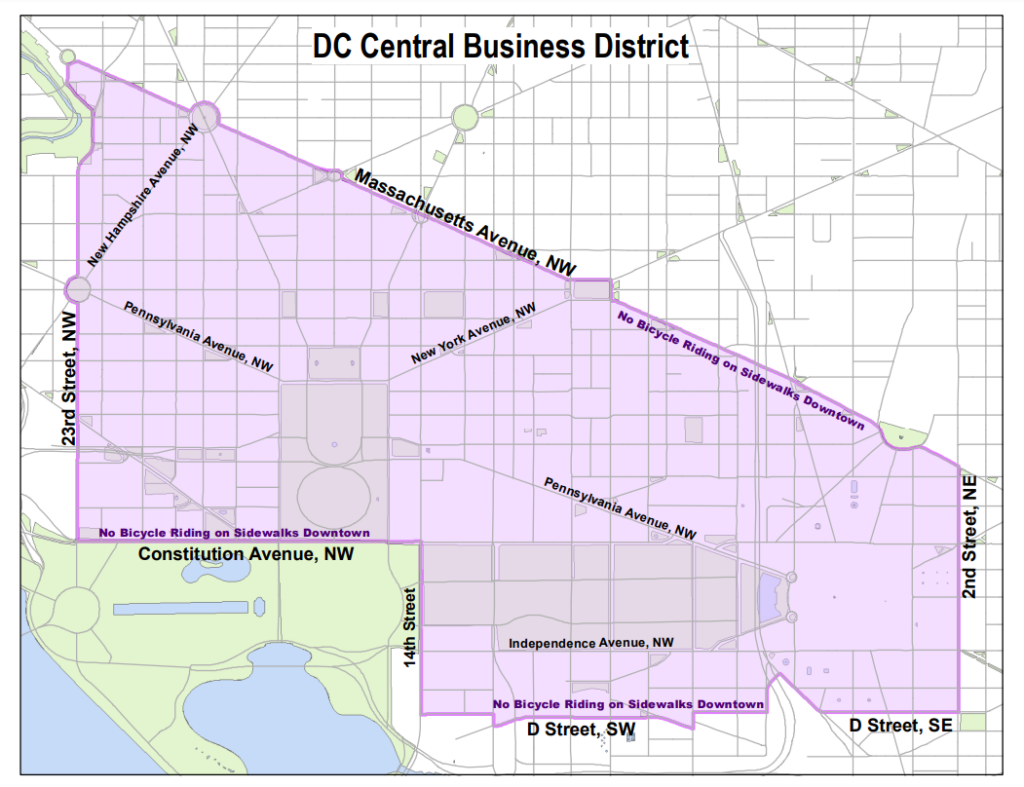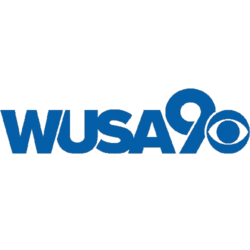Washington D.C. must be a vibrant and prosperous city for sustained growth!

Washington D.C. is one of the most influential and unique cities in the world, deserving to be a global showcase. This is not a partisan view or even a local view, it is an American view, and the federal government must help. The vibrancy and prosperity of our nation’s capital need to reflect our national aspirations to be inclusive and be the best. It’s imperative we work together to ensure the future remains bright for everyone.
We agree with Mayor Muriel Bowser, our members, and others that D.C. is facing significant economic challenges. In particular office vacancies, transit and transportation, as well as public safety are key factors impacting the Central Business District (CBD) that urgently need attention. Broader and long-term issues must also be resolved including equity, housing, business investment, job creation, place-making, mental health, education, and more to achieve the region’s inclusive economic growth ambitions.
Our city is home to the government of the United States and serves as its national command center protecting our vital interests. D.C. is also an international capital with more than 175 resident embassies giving it a nearly unapparelled global reach. More than anywhere, it’s here that people come to make history.
People also come here to live, invest, and do business, enjoy our cultural treasures, attend our universities, wander through our iconic neighborhoods, express their passions, and so much more. In 2019 prior to the pandemic, D.C. welcomed a record 24.6 million visitors from every U.S. state and across the globe.
All of this results from years of concerted and collaborative efforts to improve the city’s fortunes and it’s fair to say no one wants to see a return to the days when crime and drugs, economic malaise, and outward migration imperiled the city. If we’re not careful and proactive, such a reality comes into view. Rather, we want and need a Washington D.C. that makes every American proud.

Today’s business landscape has changed dramatically, and it will continue to change thanks to covid, socio-economic dynamics, disruptive technologies, economic shifts, and remote working. Right now, the intersection of empty offices, crime, and transportation are conspiring to undermine D.C.’s attractiveness despite so many other assets.
Empty offices across D.C. are a major concern with roughly 20% vacancy rates and only about 40% of workers showing up. The CBD gets hit the hardest given the density of office buildings there. The federal government further complicates the picture by preventing D.C. from implementing a response. The feds have an outsized impact with 200,000 workers commuting into the city pre-pandemic while controlling a third of all office space. With a vast majority of federal employees working remotely, no other city faces such a daunting challenge. This impacts a wide range of economic activity including retail and hospitality as well as transit.
Like the private sector, federal agencies need multiple tools to attract, develop and retain talent. Remote work is one of those tools and it’s unrealistic to expect all federal workers will return to the office full time as they did before the pandemic. As stated, the landscape has changed, and federal agencies need flexibility. Still, the federal government bears some responsibility for ensuring D.C. can weather the storm. They can assist by bringing back as many workers as possible and offering financial incentives to cover short-term gaps.
Over the longer term, D.C. has an opportunity to reimagine it’s downtown and Mayor Bowser offers several appealing proposals in her recently released D.C. Comeback Plan. Such place-making will take time and coordinated efforts. Fortunately, D.C. has a demonstrated track-record of visionary revitalization projects including the Wharf and Capital Riverfront/ Navy Yard. Plus, there are numerous examples across the region, i.e., National Landing in Arlington and National Harbor in Prince George’s County.
Transportation and transit are another major concern to employers and employees alike. Metro continues to face daunting funding issues as ridership continues to lag. Our transit system is one of the region’s crown jewels and investments must continue to keep it on track. This includes dedicated funding from D.C., Maryland, and Virginia as well as federal funding through PRIIA and other sources. Without such funding, it becomes more difficult to get people working downtown.
Likewise, Randy Clark, WMATA’s General Manager, who has shown a positive leadership focus, must continue to address many of the governance, operational and safety issues that are necessary to operate at a high level of performance.
The interplay between traffic and transit is hard to miss with increased congestion downtown as the few returning workers opt to drive rather than take transit. The Board of Trade continues to advocate for and support Metro as well as dedicated bus and bike lanes, yet the elimination of vehicle lanes is currently causing significant headaches in getting people back in the office.
As we reimagine the CBD, there needs to be better alignment and coordination across all transportation modes and projects to alleviate short term pressures while pursuing longer-term goals. It is likely that projects and plans concieved before the pandemic would benefit from an update and redesign process.

Public safety is also a current priority for residents, businesses, and employees who all need a safe environment to work and live. This is true throughout the District and across the region. We support social and criminal justice reforms as critical efforts for the long-term prosperity of our region. Still, the Metropolitan Police Department needs the tools and resources required to ensure our communities remain safe.
Recent modifications to D.C.’s more than 100-year-old criminal code are much needed, yet specific aspects are potentially problematic, such as the removal of mandatory minimums and reduction of maximum penalties for criminal sentencing.
Addressing the issues highlighted here requires an all-hands approach involving key leaders from federal, state, District and local governments and the private sector as well as academia, nonprofits, associations, social organizations, and community representatives. Success will require clear metrics, timelines, and accountability.
Our entire region, including the federal government, requires a strong D.C. economy. We support the Mayor’s D.C. Comeback Plan recognizing there are many details to be worked out. We also support efforts to bring back federal workers, continued funding for metro and improved public safety.
The Greater Washington Board of Trade remains focused on elevating our region through inclusive economic growth and improved global competitiveness. We stand ready to work with the Mayor, the federal government, and all interested stakeholders to keep our city vibrant and prosperous for generations to come.
Thank You for Your Support:
Washington Gas is a member of the Greater Washington Board of Trade supporting programs, initiatives, and information pieces like this. Since our inception in 1889, Washington Gas has been a leading example of how our members are working to elevate the region’s business community.
About The Board of Trade’s Work in Region:
The Greater Washington Board of Trade is the premier regional business organization representing all industry sectors. Pro-business and non-partisan, the Board of Trade is shaping and advancing our regional economy over the long term, with a focus on improving connectivity and making better use of existing resources. The Board of Trade addresses business concerns that stretch across the District of Columbia, suburban Maryland and Northern Virginia, with a priority focus on building a skilled workforce, enhancing innovation, attracting investment and fostering regional collaboration. This work is backed by a diverse membership, sound research and more than 130 years of experience.
Become a member today
We need your voice at the table to make Greater Washington a place where everyone can succeed



















